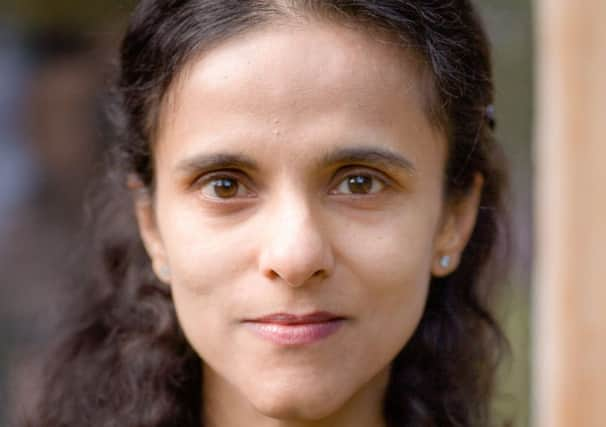Book review: The Wild Wind, by Sheena Kalayil


Her parents, George and Laila, are Malayalee Catholics, both teachers, who have come to work in Zambia. It’s 1978 and there is civil war across the borders in Rhodesia and Mozambique. A civilian plane will be shot down by guerrillas and some passengers who escaped the crash will be murdered, so there is tension, very well described as perceived by the young girl. When George returns to Kerala, Sissi is puzzled and bereft. Communication with her mother is difficult, even though she admires and adores her. When she happens on letters from her father she can read only the occasional English word, for they are written in the Malayalam script which she has never learned.They have American friends who offer hospitality and help, while Sissi becomes close to a young African man called Jonah whom her mother is coaching for exams. He is an admirable character.
All the Zambian part of the novel, which is indeed the greater part of it, is presented to us in retrospect because we know quite early on that by the age of 18 Sissi, her mother and young brother, Danny, are in the US. We also learn that one side of Sissi’s face and upper body is horribly scarred, though it will be a long time before we learn how this happened. Kalayil is very good at withholding information and whetting one’s appetite. We know about the search for her father before he has left his wife and children in Zambia because, in conversation with the 18-year-old Sissi, an academic in the US, himself from Kerala, volunteers to try to find out if anything is known about him since he returned to India. Likewise, playing the admirable game of teasing the reader, Kalayil has Sissi speak of her stepfather without revealing his name, thus exciting curiosity as to who he may be.
Advertisement
Hide AdSuccessfully manipulating a time-shift enriches a novel when it is well done as it is here. There is always the danger, just as there is when you shift from one point of view to another, that readers will be irritated or become bored because one setting or story is more interesting than the other, and so they find their interest in the novel as a whole in danger of flagging. For the most part, Kalayil skilfully avoids this, partly by relating the sections in which Sissi recounts part of her adult life in the US, a return to Zambia and the quest for her father, with admirable economy. However, parts of the treatment of her childhood life in Zambia might have benefitted from a degree of cutting. There are scenes which go on after their necessary point has been made.
That said, this evocation of childhood moving into early and sometimes disturbed adolescence is wholly convincing. So too is the tracing of the relationship between daughter and mother as it develops, one in which love co-exists with suspicion and at times resentment, even jealousy. George, the husband and father, is the one who has moved away and abandoned his duty –for what? – but, as often when a marriage breaks up it is the parent left with the children, usually the mother, who may be felt to have failed.
There is nothing tiresomely clever or tricksy about this novel, no showing-off. On the contrary, it is written with serious respect for its characters and their story. There are no villains. It is about people in credible situations and people who are almost all trying to behave well. This is difficult to bring off, and Kalayil is evidently a novelist of real talent. - Allan Massie
The Wild Wind, by Sheena Kalayil, Polygon, 298pp, £8.99